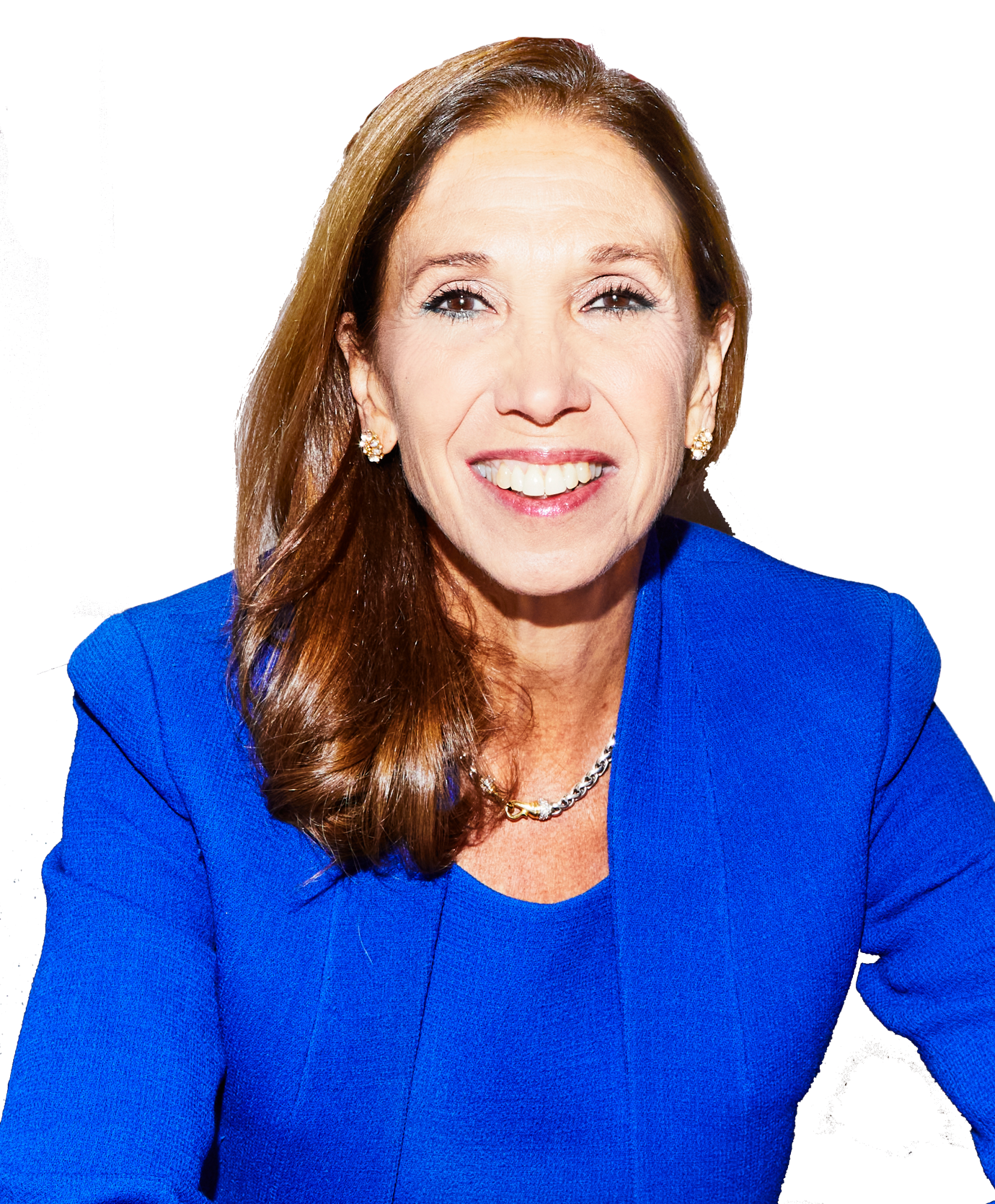Speaker Heastie and Energy Committee Chair Paulin Announce Assembly's Approval of Bill to Incentivize Clean Vehicle Charging
Assembly Speaker Carl E. Heastie and Energy Committee Chair Amy R. Paulin announced the passage of legislation this week that would incentivize the purchase and use of electric vehicles, plug-in hybrid vehicles and hydrogen vehicles by requiring the state’s largest electric utilities to offer a rate structure for vehicle battery charging.
“My hope is that through the provisions of this bill the Public Service Commission and the utilities will work together to design rates that utilize the state’s renewable energy sources, such as wind and solar, in order to encourage the purchase of clean vehicles,” said Heastie. “The increased use of clean vehicles would reduce significantly the state’s carbon footprint, help improve the quality of our environment and prevent or mitigate the impacts of climate change.”
“Clean vehicles have the potential to reduce air pollution and carbon emissions,” said Paulin. “If customers are encouraged to charge these vehicles during the times when renewable energy is most prevalent, we can ensure they are at or near carbon neutral. I am hopeful that the Public Service Commission and utilities will approve rate structures that incentivize the growth of clean vehicles while promoting green energy production statewide.”
Under the bill (A.9574-A, Paulin), the state’s combination gas and electric corporations would be required to file a tariff with the Public Service Commission (PSC) that would allow residential utility customers to purchase electricity for the exclusive purpose of vehicle charging. The legislation would provide the PSC with the flexibility to establish pricing incentives that could factor into the production of renewable energy resources, including solar and wind, which produce electricity at different periods of the day.
Heastie and Paulin believe this legislation, which is part of the Assembly Majority’s long standing commitment to measures that protect the environment, will help New York State’s transition toward the goal of 50 percent renewable energy usage by the year 2030. The greater use of renewable energy will help fight climate change, reduce greenhouse gas emissions and lessen the destructive impacts of extreme weather events, such as Hurricane Irene, Tropical Storm Lee, Superstorm Sandy and record snowfall in Western New York.
To encourage and support the use of zero and low emission vehicles throughout the state, the current 2016-17 SFY Budget authorizes the New York State Energy Research and Development Authority to provide rebates of up to $2,000 to consumers who purchase clean vehicles.
